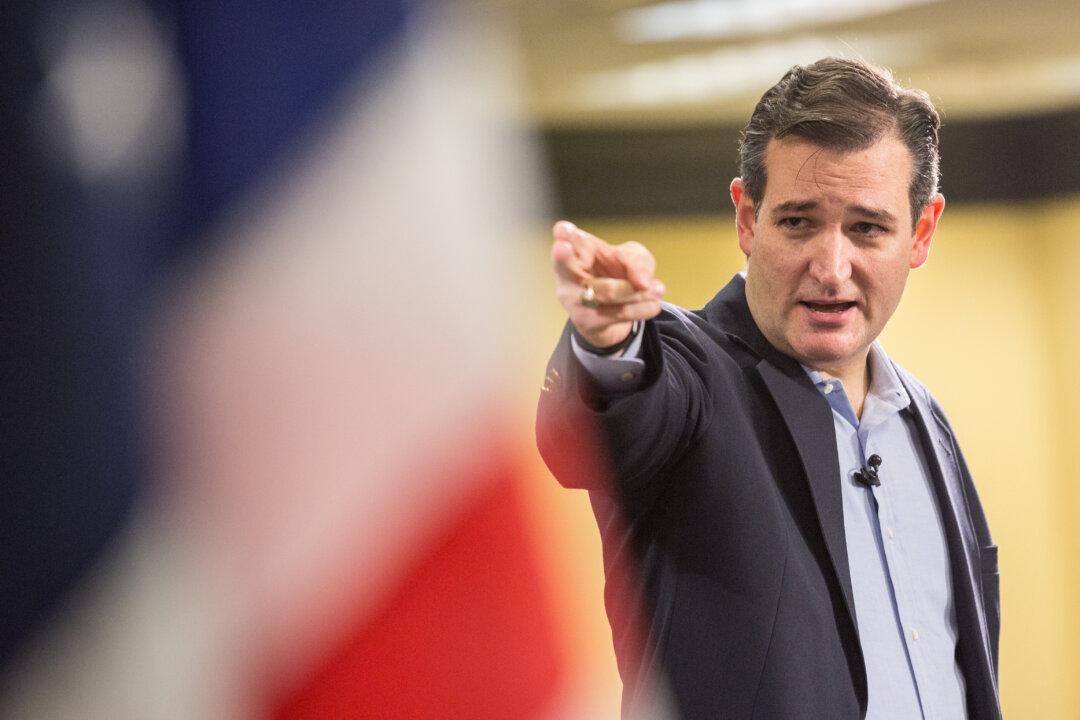Ted Cruz, the firebrand first-term Senator from Texas, is running for president.
Reports say that Cruz will formally announce his presidential bid on Monday. He would be the first GOP candidate to officially launch his presidential campaign, even though Jeb Bush and Scott Walker have already been running de facto campaigns with platform speeches and fundraising efforts.
Cruz has been a polarizing figure not only in Washington but also in his own party, having played the gadfly to the Republican leadership for much of his career; he recently excoriated John Boehner and Mitch McConnell repeatedly for their tepid response to President Barack Obama’s executive action on immigration.





